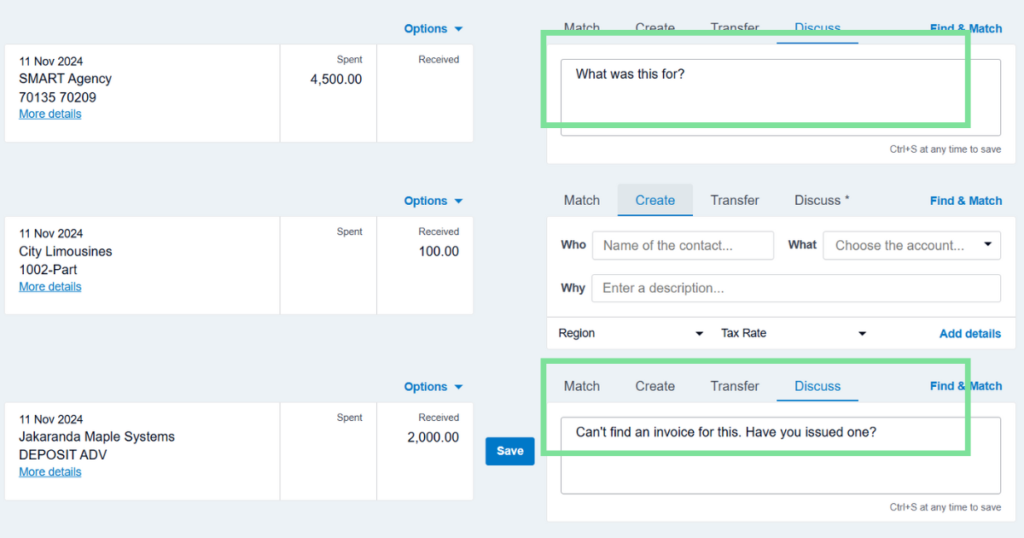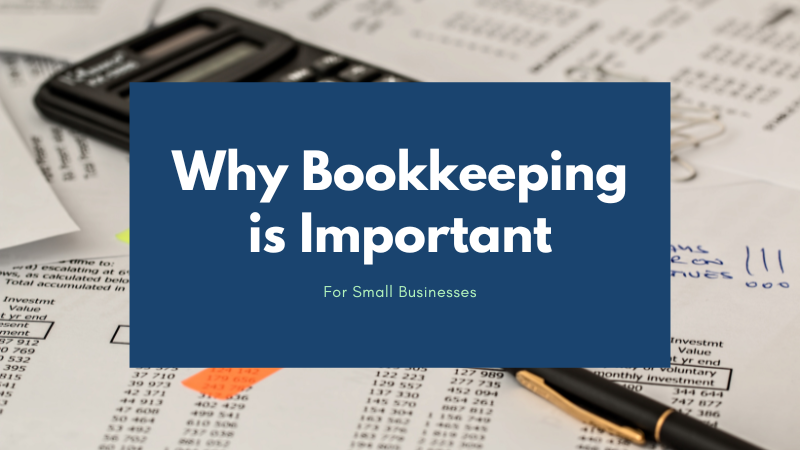
One of the questions I often get when I tell friends I do virtual bookkeeping is, “Can bookkeeping be done remotely?”
I get where the curousity is coming from, especially here in the Philippines where a lot of businesses still use paper journals and ledgers to keep track of their funds. But in today’s digital world, this question is increasingly relevant for small business owners.
These days, there are very few things that can’t be done online and bookkeeping isn’t one of them.
Sure, some bookkeepers, even accountants, still prefer to use pen and paper to record transactions but people have been using accounting software for a long time. In fact, cloud-based bookkeeping has been available to small business owners since the early 2000s, with Quickbooks launching Quickbooks Online in 2001, followed by the launch of Xero in 2006.
This has allowed businesses to store financial data on the cloud, not in their own computers, which means they can access it anytime, from virtually anywhere.
Let’s dive into some of the advantages of cloud-based bookkeeping below.
5 Advantages of Cloud Bookkeeping
- Location Independence
Since the records aren’t on paper or files stored on a computer’s hard drive in the business’s premises, whoever is in charge of the books doesn’t need to physically be on site to work on them. This makes remote bookkeeping possible.
The business owner or hired bookkeeper can manage accounts, track expenses, and generate reports from anywhere as long as there’s internet connection. This is perfect for digital nomads or entrepreneurs who enjoy traveling but like to stay on top of their business’s finances.
With mobile apps available from companies like Quickbooks and Xero, you can take a peek at your financial data even when you’re holidaying in the Maldives.
- Access to Expertise
Sometimes, finding the right bookkeeper is hard. It could be because of your business’s budget constraints, the lack of qualified professionals in the area, or just because none of the bookkeepers’ personalities click with yours.
With remote bookkeeping, the options are no longer limited to local talent, which means you can work with an expert bookkeeper that best suits your needs – even if they’re on the other side of the world.
- Seamless Collaboration
For businesses with more than one person handling the books, remote bookkeeping makes collaboration easy.
Features like Xero’s Discuss tab allows the bookkeeper to leave comments or questions about transactions, which can be replied to by the owner in the same tab. No need for back and forth emails.

Also, since bookkeepers, accountants, tax professionals, and business owners have shared access to financial data that gets updated in real time, each contractor can do their work simultaneously without delays caused by file-sharing or waiting for others to finish their updates.
Your bookkeeper can focus on recording and reconciling, your accountant can focus on taxes and you can oversee everything, without having to schedule a meeting.
- Time Efficiency
QuickBooks and Xero have apps that can scan and automatically extract data from receipts then sync them to the cloud.
You can also automate some repetitive tasks with the help of cloud bookkeeping platforms. For example, you can automate recurring expense entries like rent or subscriptions.
Need to send out recurring invoices? Schedule them to send out automatically. On top of that, you can also schedule invoice reminders that would automatically send emails to remind customers when their bills are overdue. Sounds good, right?
- Secure Storage and Backups
Cloud bookkeeping providers typically offer secure data storage with encryption and automatic backups. This reduces the risk of data loss from hardware failures or accidental deletion.
If you’ve ever experienced the blue screen of death like I have, you know how stressful it is to lose all the files stored in your computer. With cloud bookkeeping, financial data can be safely stored outside your PC and remain accessible even when your computer has said goodbye.
So can bookkeeping be done remotely? Absolutely! With the advanced bookkeeping tools available to use online and the convenience they provide, I highly recommend doing bookkeeping remotely, simply because it makes a lot of sense.


